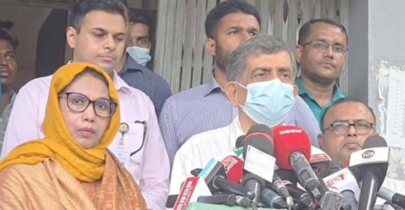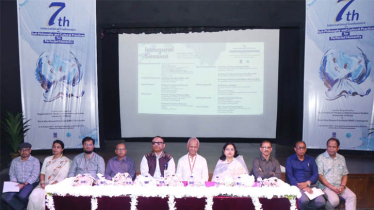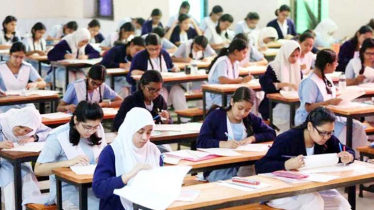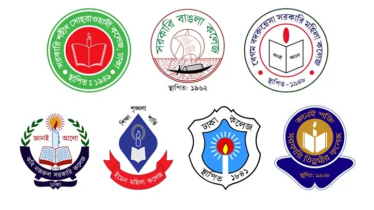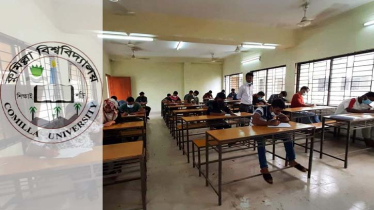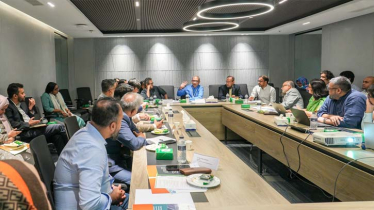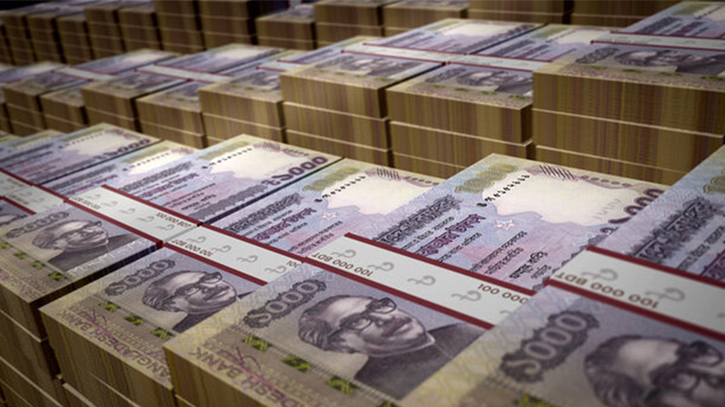
Photo : Collected
A large number of students from Bangladesh migrate abroad every year, with a significant portion choosing Germany as their destination.
Each Bangladeshi student typically spends a substantial amount of money to pursue education in Germany, with an average blocked payment ranging from Tk 10 to 12 lakh. This amounts to Tk 250 crore annually, which does not return to the country, according to the Criminal Investigation Department (CID) of the police, and Bangladesh Financial Intelligence Unit (BFIU) of the central bank.
Germany, being one of Europe's wealthiest nations, attracts foreign students due to its high-quality education and promising career prospects. In 2023, approximately 2000 Bangladeshi students migrated to Germany for higher education, with an average expenditure per student ranging from Tk 5 to 7 lakh.
Additionally, a substantial sum must be deposited in Germany as a blocked account, varying up to Tk 12 lakh depending on the university.
A blocked account is a special bank account required by German authorities to demonstrate financial stability for international students or job-seekers applying for a German visa.
The blocked account money serves as collateral, demonstrating the student's financial capability to cover their educational expenses, and is refunded gradually during the study period. However, this money remains in Germany and does not circulate back to Bangladesh. Consequently, an estimated Tk 250 crore left the country in 2023 alone.
Since 2022, the country's banks have restricted the opening of student accounts due to foreign exchange shortages, with some banks refusing to open such accounts altogether. A senior official from the BFIU said that, due to the foreign exchange crisis, students resort to sending money to blocked accounts via hundi, bypassing official banking channels.
He told The Daily Messenger, “In the absence of banking channels, students rely on relatives abroad or local intermediaries to send money, with hundi being a prevalent method. Funds are deposited into blocked accounts in euros or dollars, but even if refunded by German authorities, the money does not return to Bangladesh.”
He further mentioned, “This results in a substantial outflow of foreign currency annually, with reports indicating instances of money smuggling under the guise of educational expenses. Investigations are ongoing, and appropriate actions will be taken against the perpetrators once completed.”
A CID official, speaking on condition of anonymity, told The Daily Messenger, “Last year (in 2023), 25,000 students went abroad for higher education, which is undoubtedly beneficial for the country. However, it also leads to a significant outflow of money from the country. Sending money under the guise of education has become a method for laundering money. Many individuals send large sums abroad disguised as tuition fees for students, even though investigations have revealed that their children are not enrolled in any educational institutions abroad. Investigations are ongoing against such individuals, and appropriate action will be taken once the inquiries are concluded.”
Regarding this issue, the managing director of a leading private bank, speaking anonymously to the Messenger, remarked, “Money laundering is a widespread issue. The wealthy and influential individuals in our country feel insecure, prompting them to smuggle their earnings abroad. With the reduction in money laundering through the import-export sector, they are resorting to alternative methods. One such method is disguising money laundering as payment for tuition fees and living expenses for higher education. For instance, a high-ranking government official, who is a customer of my bank, sends a substantial amount of money to America every month, despite reports suggesting that his daughter does not pursue any studies there; she resides there. This illustrates how money laundering is occurring.”
Mosleh Uddin, the Managing Director of Shahjalal Islami Bank, commented on the emerging issue of money laundering, saying that it had been brought to the attention of the Central Bank long ago.
He told The Daily Messenger, “Money laundering through such means was prevalent even before the onset of the pandemic. I raised this concern during a meeting with the central bank's then-governor. Following the COVID-19 outbreak, there has been a surge in the number of students going abroad. Many students approach banks to open student accounts, mostly self-funded without scholarships. We urged for monitoring their transactions to track the flow of money, whether it returns or not. Unfortunately, no concrete actions were taken.”
Messenger/Fameema

